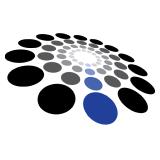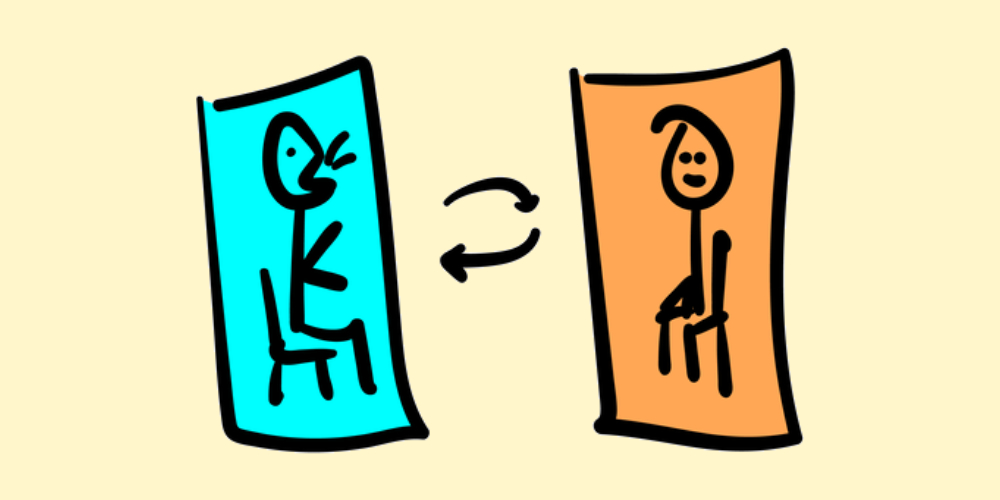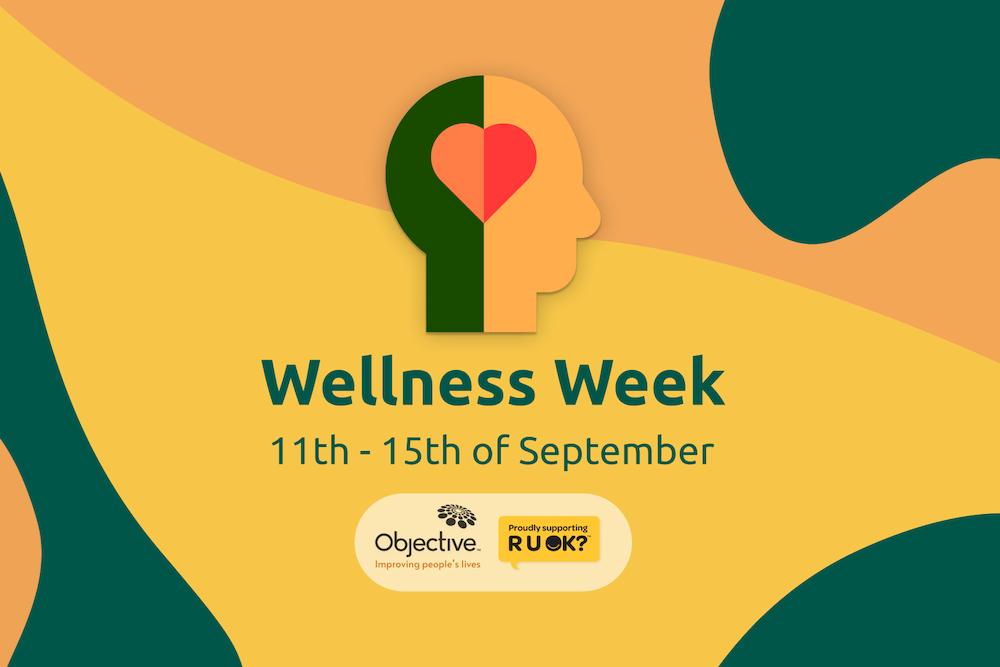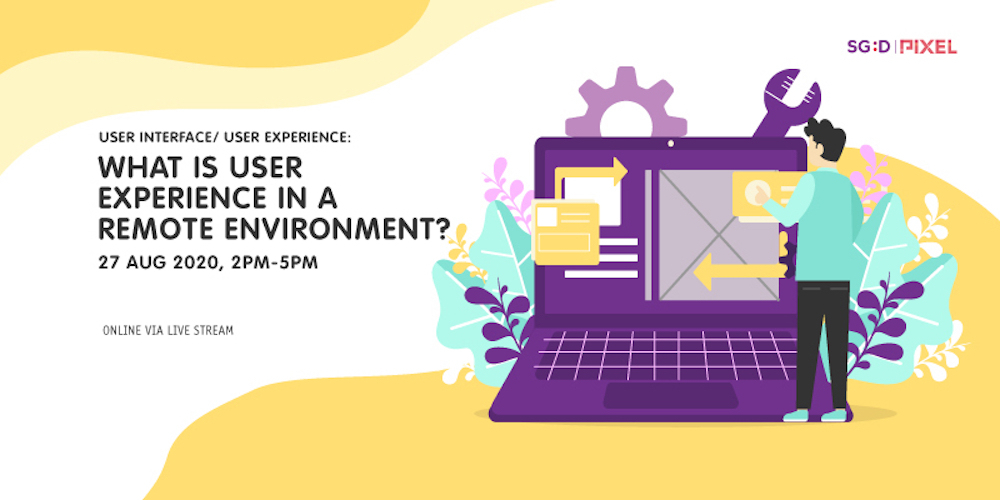Tips on how to do remote research with real people
Everything is changing. Markets are down, companies are asking staff to work from home. There’s a global pandemic on the loose and it’s going to have an impact on the way you speak to your users. The challenge here is how do you continue testing, adjusting and making research-driven decisions when everyone’s priority is to stay at home and reduce their risk of being caught up in the storm.
Don’t panic, we’ve been remotely researching with people for the last decade and we’re going to show you some of the ways we do it. These are the fundamental considerations that we think about when planning a remote project:
Communication
We operate with absolute flexibility. We work with startups through to Fortune 200 companies with strict firewall and security practices. To this end, we’re comfortable using the communication software that you use. We adapt to use it as our main form of conferencing, discussion and collaboration. The primary tools we use are Zoom, Adobe Connect and Hangouts depending on what works for our clients.

One of the perks of remote working: the surprise drop-ins from pets.
Collaboration
Technology is brilliant. There are so many platforms out there to keep everyone working together and kicking goals. We rely on both Miro and Trello. Both have different use cases, however, both are a great way for us to work together so everyone is on the same page.
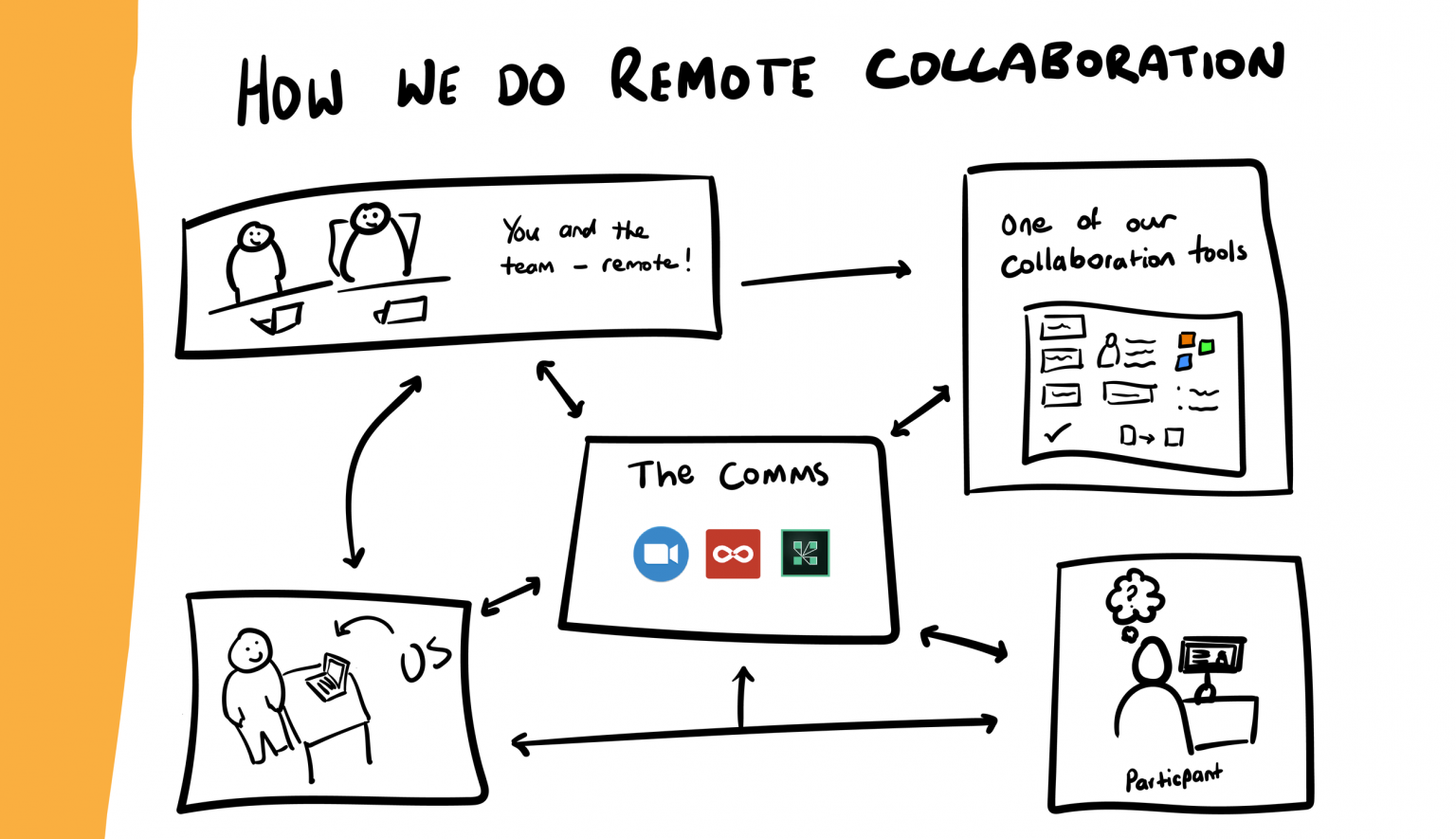
Recruitment
No change, currently. We still maintain our in-house recruitment panel. This means we still manage everything on that end and instead of bringing them into our labs, we invite them into our virtual labs.
Participants
We provide participants with a Lookback or a zoom link for us to run the research sessions out of. Minimal hassle, effective research from a remote location. We invite clients to join these sessions as observers, so they can have an in-depth understanding of what people are saying and what contributes to the outputs we deliver to them.
The Hub
When working remotely, especially in a collaborative industry, the ability to make rapid iterations and communicate in realtime is mandatory. To this end, we rely on Miro and Trello to be a central hub for our projects. These tools allow us to collaborate with clients, run co-design or workshop sessions with them, and maintain visual transparency over what’s happening and how it’s happening. Impressive tool!
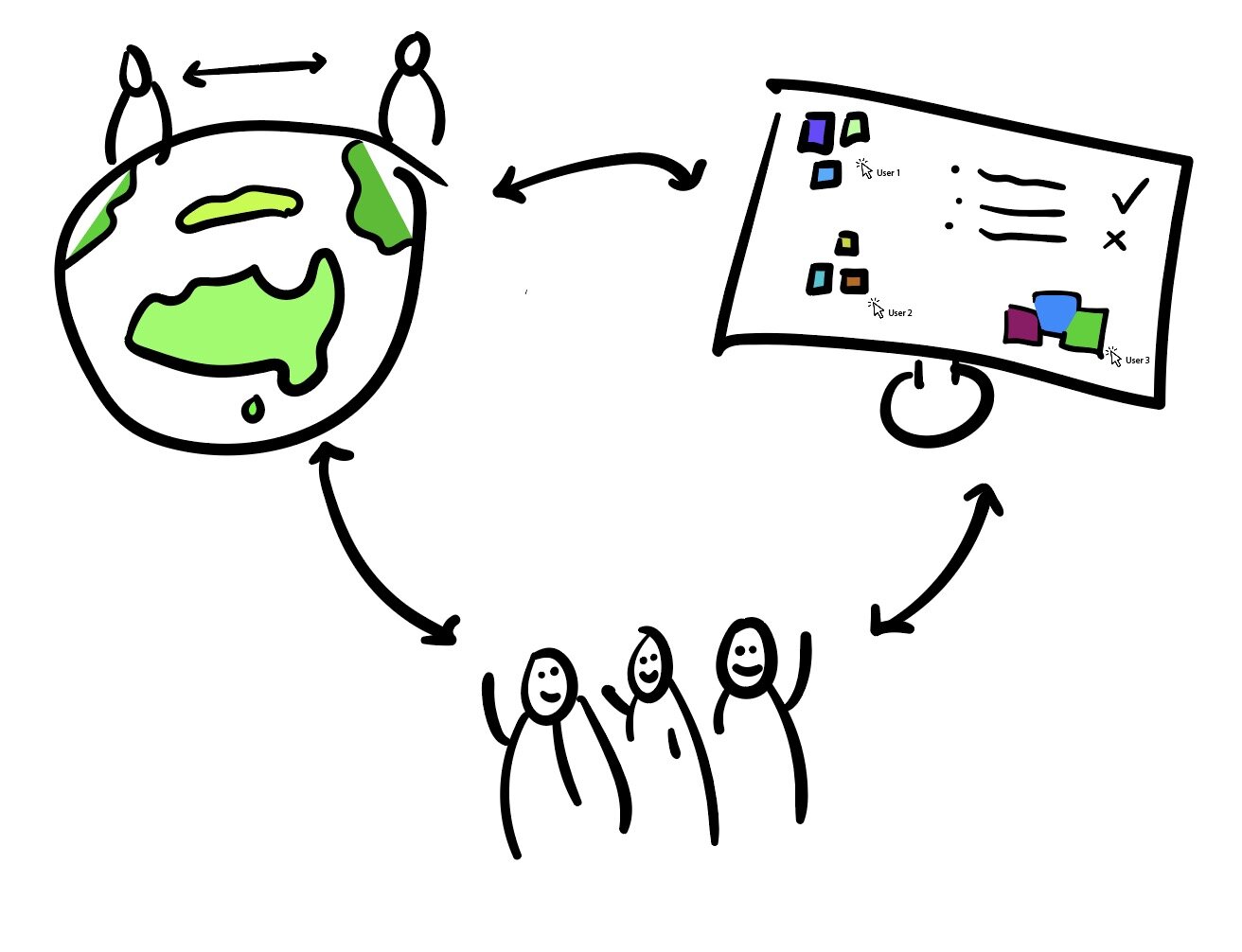
Our basic ecosystem of remote work and research.
Our qualitative approach (moderated)
When it comes to uncovering the key insights that research is so valuable for, we lean on this ecosystem heavily when we need to do things remotely. If we’re looking at discovery for a new product, or a solving a problem you face, our typical process looks like this:
- Setting up a time and date through a Zoom or Lookback session with the participants we recruit.
- Conducting the research approach remotely using Zoom or Lookback, with our clients observing as if they were in the next room!
- Compiling the data into a collaborative tool like Trello or Miro.
- Working with clients to distil the data into actionable insights.
Our quantitative approach (unmoderated)
Sometimes you need raw data and a quantitative approach to test user behaviour or for requirements gathering. You might even need to benchmark with a higher number of people to produce reliable data.
We use tools like Loop11 for unmoderated, task-based, usability testing with survey responses that can feed into usability scores.
When looking at information architecture and user behaviour, we rely on the Optimal Workshop suite of tools, such as Optimal Sort and Treejack.
Combining these tools, we’re able to deliver quantitative outcomes to clients backed up with a tried system that produces real, actionable data.

Example end to end project – contact us to find out more.
We hope you’re been able to get an idea out of what our current process is, and how we research and test remotely. If the evolving circumstances around the world impact your day to day research or recruitment operations, reach out and see how we might work together.


